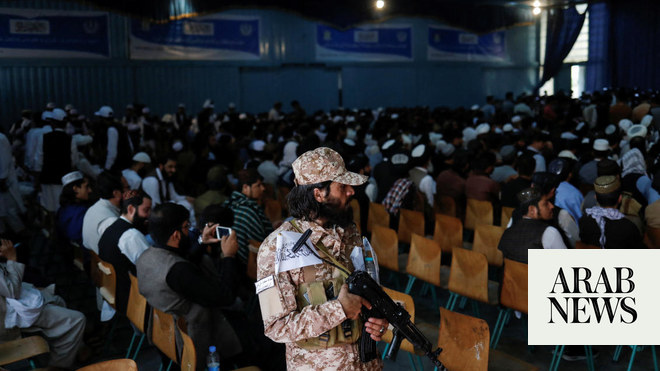
GENEVA (19 March 2024) - The UN Subcommittee on Prevention of Torture (SPT) has concluded its second visit to Gabon and expressed its deep concern over the lack of measures to address prison overcrowding and impunity for perpetrators of torture and ill-treatment, as well as other recommendations it made from the previous visit in 2013.
“Gabon must urgently address the overcrowding and horrific conditions in prisons and police custody facilities in order to stop such cruel, inhuman and degrading treatment of people in detention,” said Abdallah Ounnir, the head of the delegation.
“The main cause of this overcrowding is the systematic use of pre-trial detention and its excessively long duration,” Ounnir remarked, adding, “The fundamental rights of people presumed innocent are thus trampled upon, particularly by the delays in the justice system.”
The Subcommittee visited Gabon from 10 to 16 March and examined 18 places where people are deprived of liberty. These included prisons, police stations, in particular the judicial police, gendarmerie stations, the General Directorate for Counterintelligence and Military Security (B2), a psychiatric establishment and a geriatric centre. During these unannounced visits, the delegation conducted individual and confidential interviews with people deprived of their liberty, prison guards, police officers, and healthcare personnel.
The SPT delegation also met with the President of the Senate, the President of the Law Commission of the National Assembly, the Minister of Justice and relevant governmental authorities, representatives of judges and prosecutors, as well as representatives of the Bar Association, National Human Rights Commission (CNDH), civil society, and UN agencies.
“We are nonetheless pleased that a bill to reform the CNDH and designate it as Gabon’s future National Preventive Mechanism (NPM), an independent body specifically dedicated to the prevention of torture and ill-treatment, is imminent. We encourage the Government to set up this independent mechanism as soon as possible and to allocate all necessary human and financial resources to carry out its mandate. The SPT stands ready to advise the Government and this future mechanism,” Ounnir stated.
Following its visit, the Subcommittee will send Gabon a confidential report containing its observations and recommendations on the prevention of torture, ill-treatment, and conditions of detention. The SPT encourages Gabon to make this report public, as it did with the previous one, which will facilitate the implementation of its recommendations.
The SPT delegation consisted of Abdallah Ounnir (Head of the delegation - Morocco), Hamet Saloum Diakhate (Senegal), Hamida Dridi (Tunisia) and Julia Kozma (Austria). It was accompanied by two human rights specialists from the Subcommittee secretariat.
For media inquiries or more information, please contact
Joao Nataf at joao.nataf@un.org or 41 22 917 9102
Vivian Kwok at vivian.kwok@un.org
UN Human Rights Office Media Section at ohchr-media@un.org
Background
To date, the Optional Protocol to the Convention Against Torture has been ratified by 93 states. States are under the obligation to allow the SPT unannounced and unhindered visits to all places where persons are deprived of their liberty. States Parties should also establish a national preventive mechanism, which should conduct regular visits to places throughout the country where people are deprived of liberty.
The mandate of the SPT is to prevent torture and other cruel, inhuman or degrading treatment or punishment of persons deprived of their liberty, through visits and recommendations to States parties to the Optional Protocol. The SPT communicates its recommendations and observations to States by means of a confidential report and, where necessary, to national preventive mechanisms. However, States parties are encouraged to request that the SPT publish the reports.
The SPT is composed of 25 independent and impartial members who are independent human rights experts drawn from around the world, who serve in their personal capacity and not as representatives of States Parties.
Learn more with our videos on the Treaty Bodies system and the Subcommittee on Prevention of Torture
Follow the UN Treaty Bodies on social media!
We are on Twitter @UNTreatyBodies






